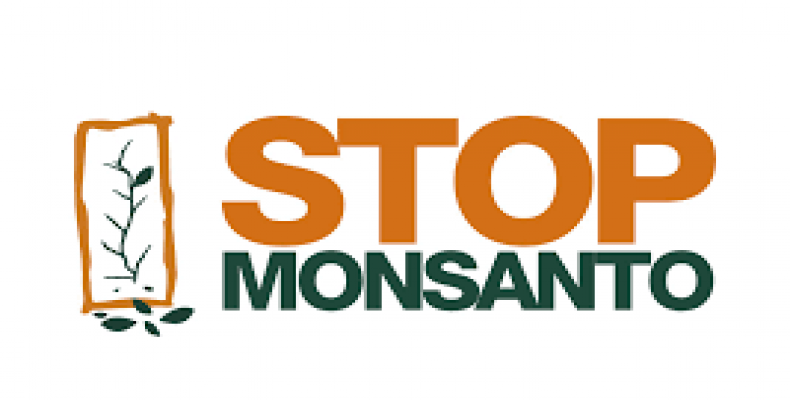The Hague, October 18 (RHC)-- Victims from around the world gave evidence against U.S. agricultural giant Monsanto during a symbolic "moral trial" in The Hague. Using procedures from the International Court of Justice, the tribunal aims to provide an advisory opinion on the corporation's violations of human rights, crimes against humanity and ecocide.
The court heard testimonies from around the world including farmers and scientists explaining how Monsanto's disastrous practices had affected human health. Five hearings explained the impacts on human health, soils, plants, animals, biodiversity, farmers and the right to food.
Steve Marsh, an organic farmer from Western Australia, said that "as farmers we have the right to farm the lands the way we choose... It's difficult for farmers to take action in court and often common law doesn't solve the issues.
Marsh had previously lost his court proceeding against his neighbor whose GMO crops contaminated around 70 percent of his organic crops, causing him to lose his organic certification for 3 years. "I have pages and pages of studies showing that glyphosate (a common Monsanto herbicide) causes birth defect," said Andre Leu, President of Organic organization, IFOAM Australia.
"Industry has a massive arsenal of lawyers. It is hard for small farmers and communities to act and takes great courage! We need regulations for transnational companies otherwise we will continue to see tragedies," said Marcelo Firpo, a Brazilian public health and environmental health researcher.
In his testimony, Canadian Farmer Percy Schmeiser told the court: "No one should be able to control the seeds of life." Schmeiser was sued by Monsanto for patent infringement and yesterday explained in the people's assembly that the company has been harassing local farmers for years.
Farida Akhter, a political analyst and spokesperson for Bangladeshi farmers, explained how farmers and consumers were not properly informed about GMO crops and their dangers. "We do not need corporations to feed us," Akhter said.
The tribunal follows the procedures of the International Court of Justice, with a number of questions posed to the five judges, including whether Monsanto violated rights to a safe environment and if their actions could be seen as a crime of ecocide, which has been "causing serious damage or destroying the environment."
The panel will also decide whether Monsanto was complicit in war crimes during the U.S. war of aggression against Vietnam due to the corporation providing the U.S. with Agent Orange, the herbicide used as a tool of warfare by the U.S. that still haunts the country today.
Monsanto currently has a monopoly on the world agricultural market and now produces 80 percent of the world's genetically modified corn and 93 percent of genetically modified soy.
A report produced to coincide with the tribunal by Corporate Europe Observatory detailed how Monsanto, aided by poor global governance, has been able to use its power to lobby industry and states, fueling environmental disasters and social injustice.
Victims Testify in Monsanto Ecocide Case

Related Articles
Commentaries
MAKE A COMMENT
All fields requiredMore Views
- U.S. lawmakers propose withdrawing from United Nations, saying it no longer serves Washington's interests
- Brazil announces dates for BRICS summit
- Indigenous leader and political prisoner Leonard Peltier released after nearly 50 years in prison
- Cuban president congratulates new head of African Union Commission
- Rubio is from the USA, not Cuba

